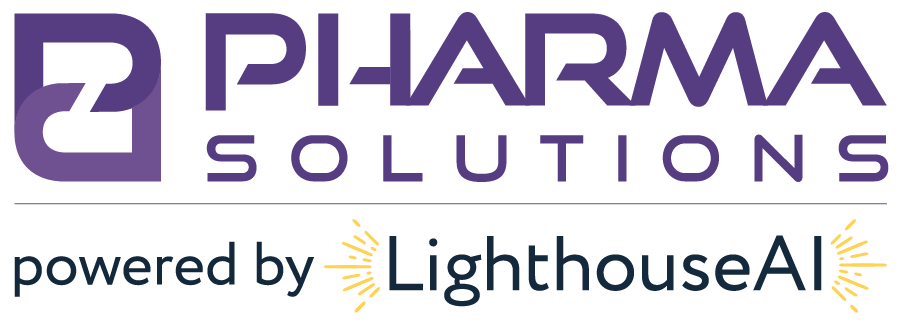DEA Offers a Tiny Peak Behind the ARCOS Curtain
DEA has “enhanced” its ARCOS online reporting system to help distributors and manufacturers know their customers better and detect suspicious orders. See here for more info.
Using DEA’s new “ARCOS On-Line” tool, distributors and manufacturers can now enter the DEA registration number of a customer and the drug code of the controlled substance ordered by that customer. The tool will provide the number of distributors who have sold that particular drug to that customer in the last 6 months.
Using this tool, a distributor that receives an order for oxycodone from a pharmacy can learn how many other distributors have sold that pharmacy oxycodone in the previous 6 months. This is potentially valuable information because it allows the distributor to verify – or refute – information it should already be gathering from its customers. All distributors should require their pharmacy customers to identify their controlled substance vendors as part of the standard due diligence process. Using the ACROS On-Line tool to confirm this information should become standard practice for all distributors.
However, the DEA’s claim that this new tool will “help distributors avoid oversupplying opioids” is clearly overstated. DEA’s press release states that “if a query resulted in a large number of suppliers who have recently sold opioid analgesics to a prospective purchaser, this may represent a ‘red flag’ to the new distributor and foster a dialogue between that distributor and the pharmacy.” Left unsaid, of course, is what constitutes a “large number of suppliers.” It is common for pharmacies, especially independent pharmacies, to buy prescription drugs from multiple suppliers. Market factors including product availability, price, payment terms, and customer service can and do affect the choices pharmacies make when ordering controlled substances. Thus, learning that a pharmacy has purchased a particular controlled substance from multiple distributors is not, itself, particularly valuable.
There is much more DEA could do to help in the fight against rogue physicians and pharmacies who engage in illegal prescribing and dispensing of opioids. For example, DEA could allow distributors and manufacturers to search ARCOS data to determine the volume of opioids sold to a given dispenser. Coupled with the information about how many vendors the dispenser is using, this volume data would be extremely valuable to distributors, especially smaller distributors, that are not the primary source of products for their customers. Unfortunately, DEA has ignored the industry’s request to provide volume data.
The DEA could also do more to advise registrants about the suspicious orders it receives. The DEA is believed to be in the process of developing a “universal suspicious order database.” But, despite calls from the industry to make that database available to registrants, it is not at all clear that DEA will elect to do so. Prior to 2011, DEA did publish a “blacklist” of dispensers that placed orders deemed suspicious. In response to legal threats from pharmacies on the “blacklist,” DEA stopped the practice. And while there are serious, legitimate concerns about unfairly damaging law-abiding pharmacies and interfering with DEA’s investigation function, those concerns could be mitigated if pharmacies were able to respond and explain why their orders were not, in fact, suspicious. This openness might assist DEA in investigating suspicious orders.
Of course, the most effective tool DEA could use to prevent opioid abuse is to more thoroughly screen new registrants, more closely monitor current registrants, and move more quickly to revoke registrations from dispensers that break the law. But, until that happens, distributors will be left with few resources (but the lion’s share of the burden) to distinguish the good guys from the bad guys.
About Rick Lauer, Esq.
Rick Lauer, the founding member of LauerLaw, LLC, and Senior Consultant with Pharma Solutions, is a leader in providing legal, regulatory and business development support to emerging and established healthcare companies. Rick has nearly 25 years of experience representing clients of all kinds. Among other clients, Rick has represented distributors and manufacturers of prescription drugs, medical devices and OTC products, third-party logistics companies that service the healthcare industry, and retail and closed-door pharmacies.
With vast experience navigating the legal and regulatory requirements of the DEA, FDA, the State Boards of Pharmacy, and the NABP (including VAWD accreditation), Pharma Solutions and LauerLaw, LLC help healthcare companies get legal and stay legal, allowing their clients to focus on what they do best.
About Us
Based just outside of Philadelphia, Pharma Solutions provides actionable guidance and excellent administrative services with a focus on client care across Compliance, Commercial, and Quality solutions. Our mission is to improve the health and welfare of the American public by providing solutions and implementing best practices for companies in the pharmaceutical supply chain.




0 Comments